☆☆☆☆☆
The Humanist Book Club selection for September was Doubt: A History: The Great Doubters and Their Legacy of Innovation from Socrates and Jesus to Thomas Jefferson and Emily Dickinson by Jennifer Hecht. To say that the author's depth and breadth of knowledge is impressive is an understatement.
The main thesis seems to be that the nature of doubt reflects the nature of belief and vice versa. According to Hecht, compulsory faith was not a part of religion until the emergence of skepticism and secularism. Belief yields to rationalism when doubters crave knowledge. When cosmopolitan life exposes believers to rival faiths, orthodoxy yields to tolerance but leaves doubters craving meaning.
The quotes below are drawn from a variety of sources, as Hecht often paraphrases. They are provided to demonstrate the historical and geographic continuity of doubt. The summary is compact out of necessity, but I found it useful to enumerate the (13) threads that I could extract from Hecht's exposition.
The Rationalists
Everything and nothing is sacred; everything and nothing is profane.
|
|
The Naturalists
There are no miracles; awe is just mystery without the ignorance.
|
|
The Atheists
Determined faith is wishful thinking; willful credulity is not a virtue.
|
|
The Empiricists
Discovery trumps faith; prophesy is hearsay.
The Cynics
Immortality is a narcissistic fantasy; consciousness is corporeal.
The Stoics
Faith is authoritarian; it calls for resignation of the will.
The Cosmopolitan Doubters
Rival faiths are mutually contradictory; sectarian dogma is internally inconsistent and divisive.
The Antitheists
Divine intervention is a nepotism fantasy; there is no ultimate meaning or plan.
The Agnostics
Certainty licenses coercion; compulsory faith is often insincere and obscurantist.
The Humanists
Compassion is a human quality; faith calls for acquiescence to an arbitrary moral code.
The Skeptics
The incorporeal is immaterial; where there is no mass there is no substance.
|
|
The Secularists
Civil law trumps religious law; reason is the common currency of civil society.
The Freethinkers
Faith is coercive; orthodoxy is repression of thought.
|
|
Doubt is entertaining for the casual reader and indispensable for the scholar. Readers will take away a historical perspective that will leave them skeptical of hype over "innovations" like the New Atheism and Atheism Plus. After the first time through, you will find Doubt a handy reference. I can't recommend it highly enough.
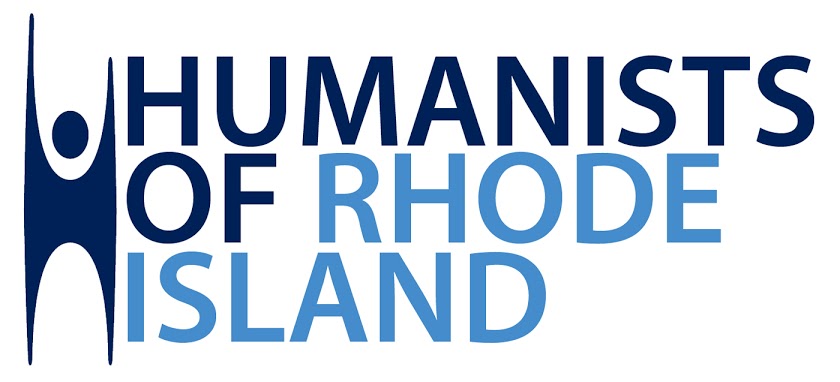
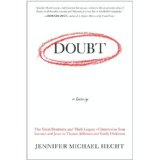
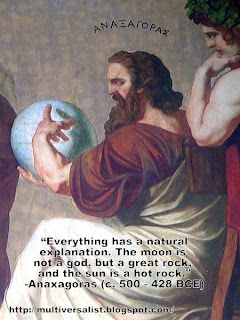
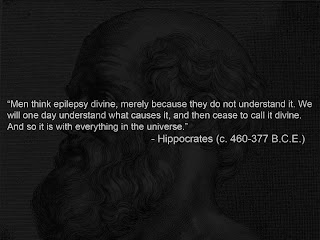
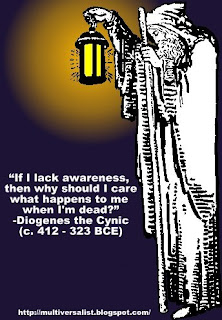


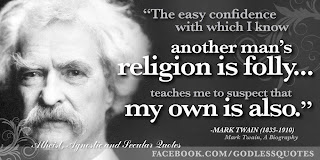
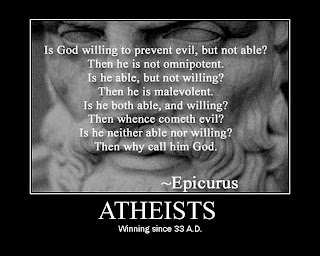

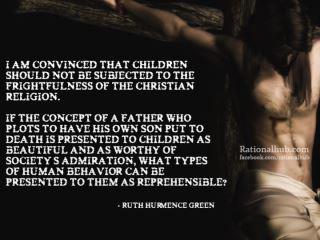

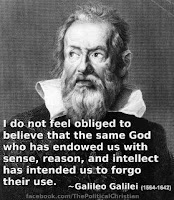
Quite a few pupils are beneath the misconception which modifying the thesis may serve absolutely no purpose since imperfections will likely go unseen. thesis revision
ReplyDelete